
The Art of Underachievement: Zelda II
I’ll be honest, when I started mulling over the idea of writing about Zelda II: The Adventure of Link, my original plan was to write a scathing article that blasted the game. However, upon further thought I stepped back from the proverbial line in the sand that I had drawn inside my mind and decided to take a different approach. Lately, the game has been on the receiving end of negative criticism in the retro gaming world, and not without good reason. I myself never was a big fan, but for the longest I disliked the game for all the wrong reasons. Developed and published by Nintendo, the game saw release during the 1988 Holiday Season, right at the time Nintendo was solidifying its domination of the home console market. The game has long been considered the black sheep of the series, for reasons both good and bad. Prior to getting into my feelings about the game, let’s take a look about the more prominent good and bad points of the game.
The biggest reason people seem to hate Zelda II would have to be that the game was such a radical departure from the original. The original Legend of Zelda was presented in a quasi-top down format that was nearly perfect for the time that the game was released. It made for great puzzle solving scenarios and the combat engine meshed well with the presentation. Zelda II came in a year later and did away with this, for the most part. The reasons for this are unclear; perhaps Nintendo hadn’t quite caught on to the ‘winning formula’ that can endear a series for one console generation after another. Another theory is that Nintendo was attempting to do something radically different with sequels for popular games; this makes sense when you take a look at the USA version of Super Mario Bros. 2. Both games are extremely different from the highly successful original. One of the other gripes people repeatedly bring up is the music. This one I cannot sugar coat. Zelda II’s music is horrible. Many people will cry out “But its a classic!” or “The game was made nearly 30 years ago, cut it some slack.” Look man, just because the Steve Miller Band is considered classic rock doesn’t mean it’s great, okay? But seriously, the game features only 4 different musical scores, the Overworld Map, the Palaces, the combat screen and what you hear when you enter a town. It gets extremely repetitive and yes I do realize the argument is invalidated when you look at the original, which only has 3 different music tracks. But that’s neither here nor there.
Graphically speaking, the game is pretty stellar for its time of release, and in all honesty is superior to the original. Its sort of an unfair comparison, given that the game was such a radical departure in style from the original. Also, for what its worth, the controls were right on the money for the format in which the game was presented. One thing that I personally disliked were the lack of items and weapons, when compared with both the original as well as the sequal, A Link to the Past. In Zelda II, you’re more or less left to fend for yourself with your trusty sword and shield with a handful of spells, of dubious value at that. The biggest problem most people have with the game is also the one that everyone seems to tiptoe around the most: the difficulty. I’m not going to lie, this game is hard as hell. Even now, this game really pisses me off when I feel like some Hyrulean self-flagellation is in order. But in all honesty, that isn’t the reason that I dislike the game. I dislike it for a reason that probably doesn’t occur to most people. This game is nowhere near as good as it could have been. What do I mean by that? I can answer this question by comparing it to a pair of its contemporaries, games released within a reasonable close time frame that took elements and style from The Adventure of Link and did it better. Let’s take a look.
Faxanadu (1988, Hudson Soft)
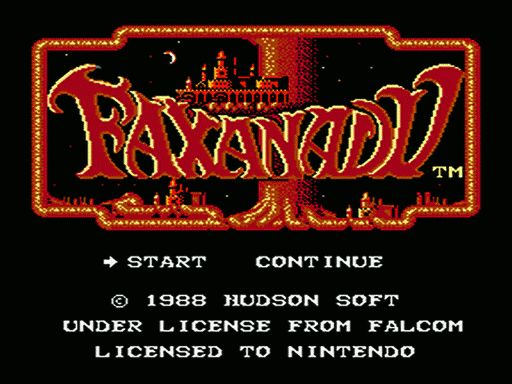 Released the same year as the Adventure of Link, Faxanadu was one of those games that I always saw screenshots of in magazines while growing up, yet never played as a kid. I picked it up for the first time about 4 years ago when I bought a big box of NES games at a yard sale. I took it home and instantly fell in love with it. Faxanadu takes the side scrolling element of Zelda II and runs with the ball, so to speak. Ditching the overworld map and instead focusing on this element, the game offers a much richer in-game experience. The story itself, I will admit isn’t is cool as what we’ve come to expect from the Zelda series, having something to do with elves and a bigass tree. The story isn’t important, however. This game rocked, and in many ways. The graphics mostly stick to Earth tones, keeping in theme with the fact that the game mostly takes place within a huge tree and underground as well. The hero is one of very unassuming character, but these things aren’t what makes this game superior to Zelda II. There are similarities for sure, and that’s exactly the point I am trying to make clear. This game did what Zelda II couldn’t with its gameplay mechanics. Let’s take a closer look.
Released the same year as the Adventure of Link, Faxanadu was one of those games that I always saw screenshots of in magazines while growing up, yet never played as a kid. I picked it up for the first time about 4 years ago when I bought a big box of NES games at a yard sale. I took it home and instantly fell in love with it. Faxanadu takes the side scrolling element of Zelda II and runs with the ball, so to speak. Ditching the overworld map and instead focusing on this element, the game offers a much richer in-game experience. The story itself, I will admit isn’t is cool as what we’ve come to expect from the Zelda series, having something to do with elves and a bigass tree. The story isn’t important, however. This game rocked, and in many ways. The graphics mostly stick to Earth tones, keeping in theme with the fact that the game mostly takes place within a huge tree and underground as well. The hero is one of very unassuming character, but these things aren’t what makes this game superior to Zelda II. There are similarities for sure, and that’s exactly the point I am trying to make clear. This game did what Zelda II couldn’t with its gameplay mechanics. Let’s take a closer look.
Faxanadu employs a similar Life/Magic/Experience setup as Zelda II, but much more in depth. You still follow the same format, however the in game item inventory is much richer and oriented around a gold based economy, like Rupees from the original Zelda, which were conspicuously absent from Zelda II. There are myriad weapons, armor and spells to be bought and used throughout the game. The difficulty is ramped down somewhat, while at the same time still presenting a steep challenge to players. The monotony of Zelda II is countered by a great variety of locales and dungeons in this game as well. Like I said, the story isn’t as rich, but it seems more effort was expended by the developers when you take a look at the enemies, who seemed more threatening and original than those of Zelda II. This game is huge, and one drawback is that there is no save feature for the game, which wasn’t manufactured with a save battery backup system. Instead, yep, you guessed it, grab a pen and paper for one of those long-ass password features. Not a fatal flaw, but a notable smudge on an otherwise awesome game.
My personal favorite feature of the game is the music. Just because the NES saw limitations with its music/sound capabilities didn’t mean we were treated to some awesome soundtracks during the 8-Bit Era. This game is another example of memorable in-game music from our childhoods. It was fast paced and upbeat, even at the risk of not fitting the urgency and gravity of the situation in later levels. Even still, Faxanadu’s sound score makes you wonder what the people making the big bucks at Nintendo were doing with their resources and talents. I also liked how when you acquired a new weapon or set of armor, your purchase was reflected on screen, rather than just enhancing your attacking/defensive powers. This is something that Zelda II was not necessarily guilty of, but something that always bothered me in many other games that I have played from the same era over the years.
All told, Faxanadu, in my opinion was a superior product to Zelda II in almost every area. Its a shame that the series didn’t catch on like some of the other classics we experienced over the years, because the potential for greatness was there, in each and every pixel. This puts the game in the same class as Kid Icarus, as an excellent game that fate relegated to near obscurity as the years went by. If you’re thinking, “Okay, but all you’re saying is that this game was better than Zelda II, but how does that mean that Zelda II was a bad game?” The truth is I’m not saying that at all, but read on and I’ll give you another example of why my distaste for the game has steadily grown over the years as we examine the following game…
The Battle of Olympus (1989, Broderbund)
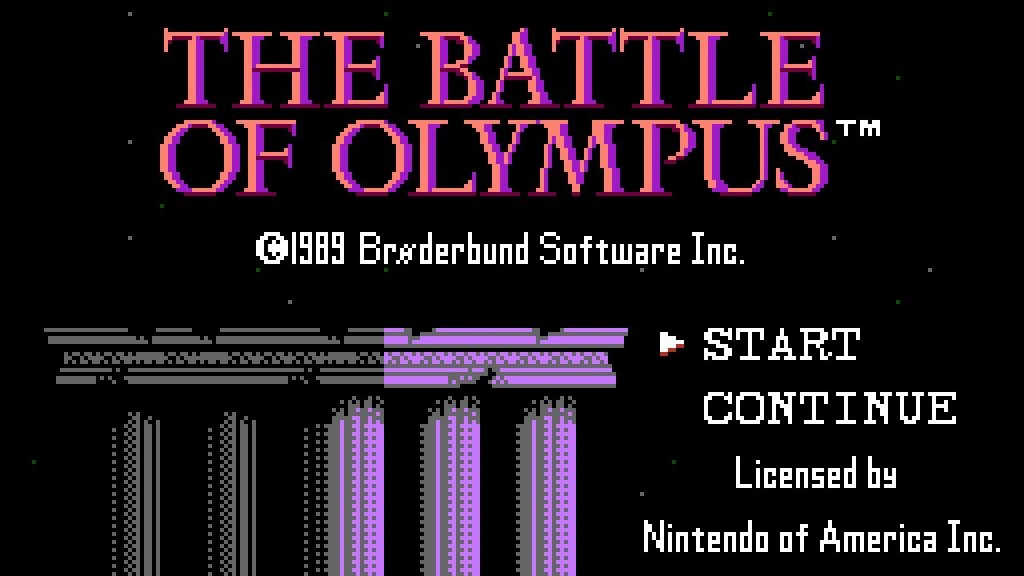 When I think of what makes the NES the best gaming system of all time, this is one of the games that come to mind, outside of the classics. Battle of Olympus was released a year after Zelda II, and I’m not sure if the difference in superiority can be chalked up to the science of game developing advancing another year, or the talents of the team that put this one together. This was a great game, and an even more fun experience if you paid attention to the Greek Mythology portion of your 10th grade English class. The story isn’t complex, basically you play as a guy in ancient Greece by the name of Orpheus, whose girlfriend has been kidnapped by the Greek God of the Underworld, Hades. Your quest to save her takes you all over ancient Greece, acquiring items and defeating more or less historically accurate mythological beasts and demi gods along the way. You’ll interact with several of the better known Greek Gods during your journey, often seeking their favor in order to advance.
When I think of what makes the NES the best gaming system of all time, this is one of the games that come to mind, outside of the classics. Battle of Olympus was released a year after Zelda II, and I’m not sure if the difference in superiority can be chalked up to the science of game developing advancing another year, or the talents of the team that put this one together. This was a great game, and an even more fun experience if you paid attention to the Greek Mythology portion of your 10th grade English class. The story isn’t complex, basically you play as a guy in ancient Greece by the name of Orpheus, whose girlfriend has been kidnapped by the Greek God of the Underworld, Hades. Your quest to save her takes you all over ancient Greece, acquiring items and defeating more or less historically accurate mythological beasts and demi gods along the way. You’ll interact with several of the better known Greek Gods during your journey, often seeking their favor in order to advance.
I will be the first to admit, this game borrows heavily from the style of Zelda II. But man, what an improvement. The graphics themselves are much more lush and varied, and the extra effort invested in small details in the background provide a huge payoff that goes a long way towards immersing you in the experience. Your character as well as some of the enemies are borderline cutsey, but this didn’t detract from a stellar experience overall. You’ll notice a lot of similarities to Zelda II, for example the animation when Orpheus takes a hit in midair is almost pixel-for-pixel exactly like what happens when Link gets caught by a cheap shot while jumping. Some of the homes and shops you’ll enter harken back to the Adventure of Link as well. Like Faxanadu, the music is a huge selling point for this title. I’d rank Battle of Olympus’ soundtrack right alongside Rygar or Mega Man II in terms of quality. When a game’s music makes it into your head when you’re doing something completely unrelated to your task at hand, years after your last playthrough, you know the sound team did something right.
The controls are dead on, and highly responsive. This was never an issue with Zelda II, in my opinion, but man, are they tight in this game. You start out with a simple club, but as you progress through the game you’ll get cooler weapons and items to see your quest through. The enemies in the game are all taken from Greek Mythology as well, including sirens, Cyclops, Medusa, satyrs, centaurs, the Minotaur, and even Stymphalian Birds. The difficulty is right up there with Zelda II, but you have unlimited continues, which make a complete playthrough totally doable. Don’t get me wrong, this game is no cake walk, but is a little more merciful than Zelda II. One of the neat little things I noticed during my playthrough was when you enter a God’s temple, you have to kneel before them or else they won’t speak to you. The only gripe I had were the numerous cheap shots that end up knocking you into bottomless pits, but hey, that’s life in the 8-Bit world.
In the end, I feel that Battle of Olympus is hands down the superior game of the three we’ve looked at today. If you can look past the cuteness of your character, it offers a deep experience that will keep you busy for a while, and it doesn’t stop being fun, not even for a minute. This game definitely would have made Edith Hamilton proud, if she were into this sort of thing.
At the end of the day, my issue with Zelda II: The Adventure of Link isn’t that its a bad Zelda game, or a bad game altogether, it’s just that it’s a bad version of what it is. When you look at these other games made by companies considered to be inferior to Nintendo, there was simply no excuse for the manner in which it was executed. Unlike its contemporary, Super Mario Bros. 2, I do not enjoy the idea of the occasional playthrough of this game. It was bland, repetitive, difficult, and nowhere near as inspiring as the original or any of the sequels that follow it. Alas, in the end, you have to treat Zelda II like that white trash kid’s dad that always showed up drunk at Little League games, and always ends up getting arrested for fighting with umpires or other parents. You just have to shake your head and accept it for what it is and deal with it. After all, it isn’t going anywhere anytime soon.
The Art of Underachievement: Zelda II ,
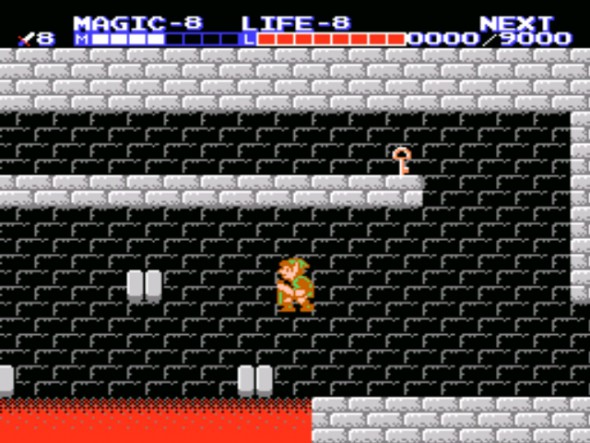
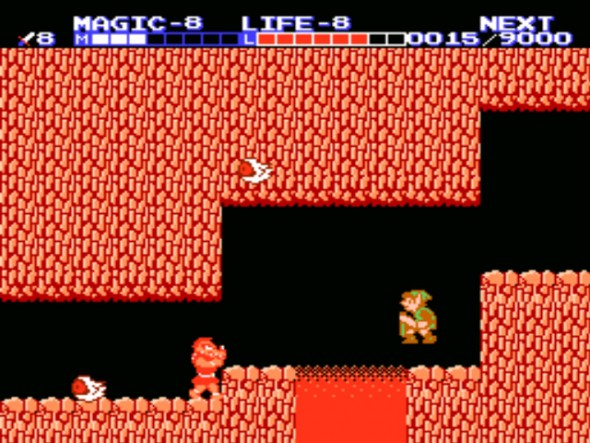

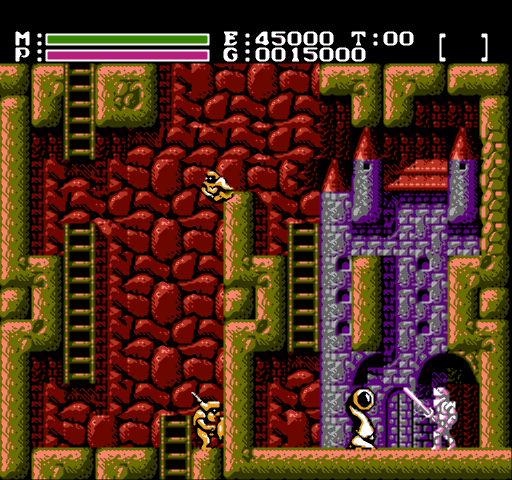
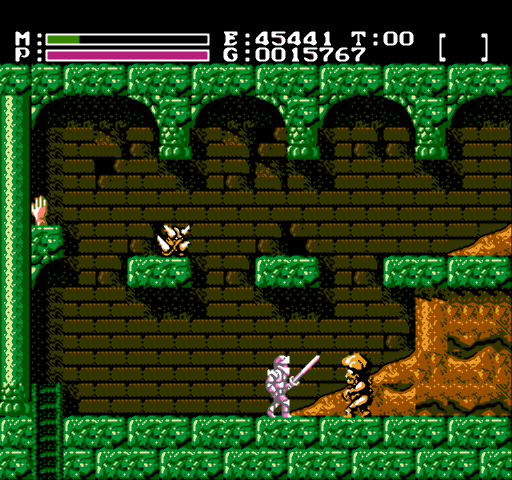
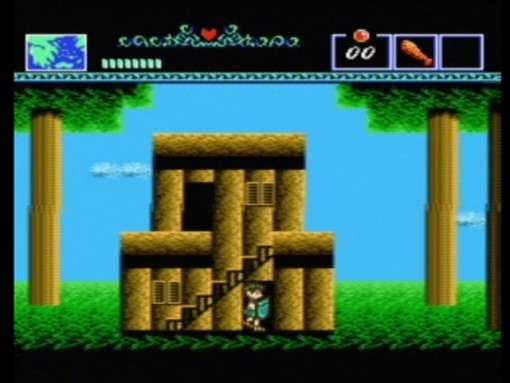
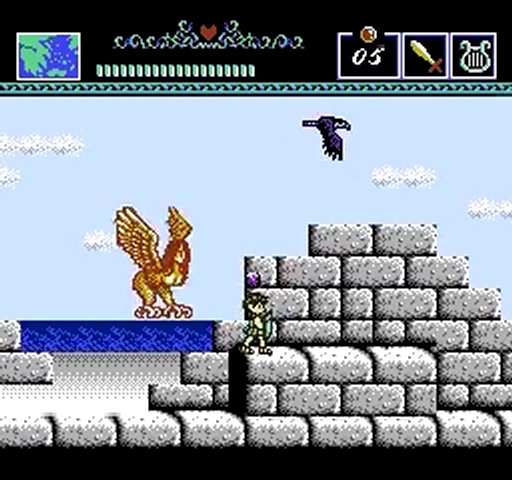
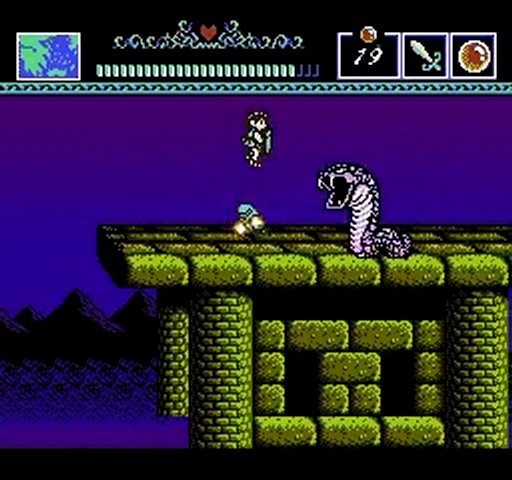
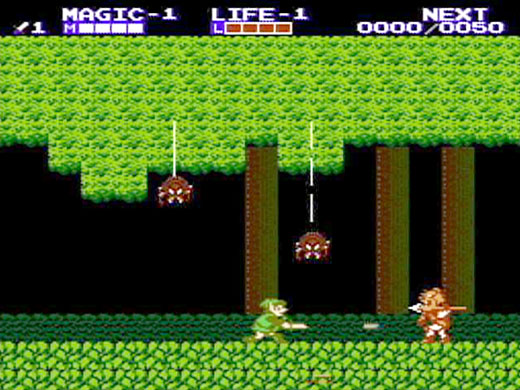
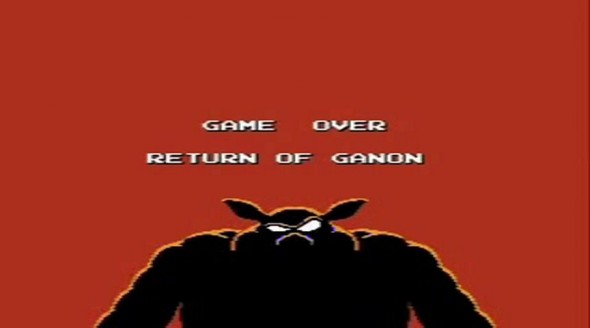
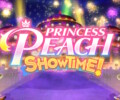
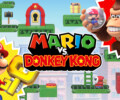
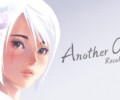
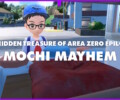
No Comments